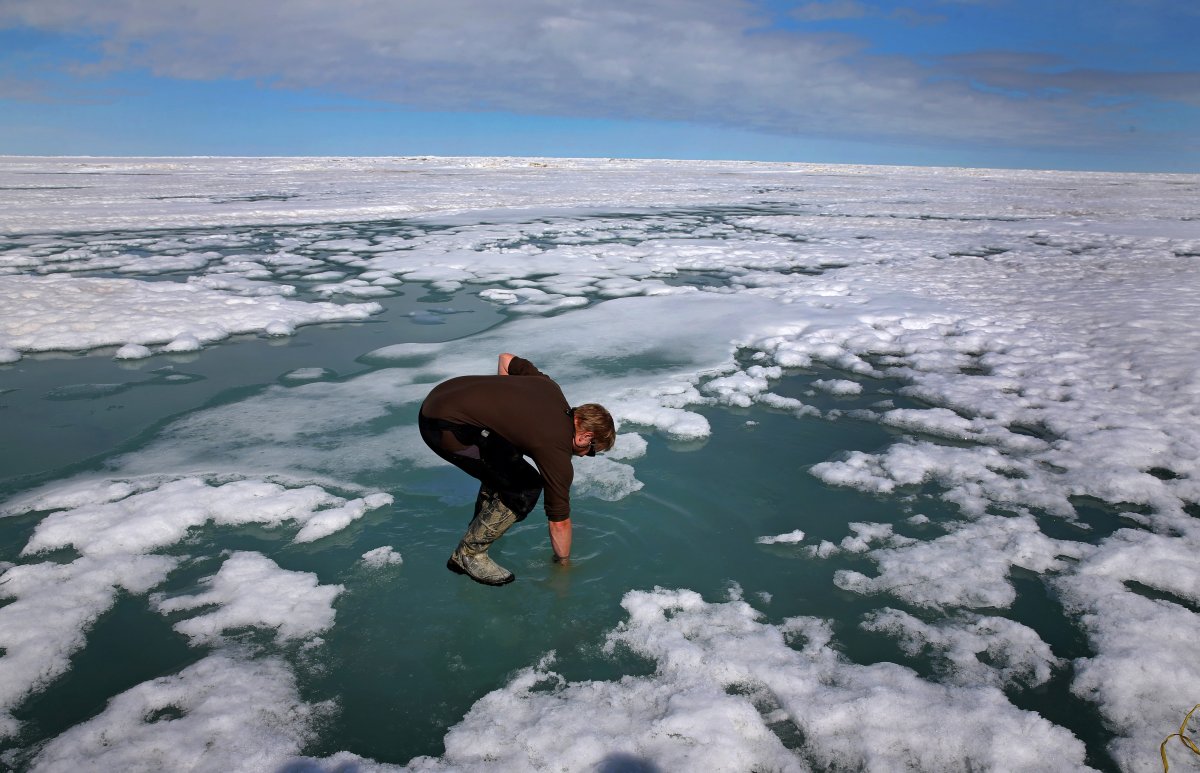It has been one of the hottest winters on record for the Arctic and scientists are sounding the alarm, calling the unprecedented temperature “simply shocking.”

It’s so warm, that the Arctic was hotter than parts of Europe last week.
WATCH: Priests start a snow fight at the Vatican in the first snowfall in six years in Rome

Although the warming could still just be a rare event, scientists are concerned about how frequent and how long it’s lasting.
“This is an anomaly among anomalies. It is far enough outside the historical range that it is worrying – it is a suggestion that there are further surprises in store as we continue to poke the angry beast that is our climate,” Michael Mann, director of the Earth System Science Center at Pennsylvania State University told the Guardian.
The heat has resulted in the warmest February on record since 1958. And what is causing scientists to worry is that during the Arctic winter, sunlight does not reach the ground for a period of the month.
The average temperature usually hovers around -20 C in February. But on Feb. 20, the temperature in Greenland not only reached 0 C, it stayed there for over 24 hours, according to data from the Danish Meteorological Institute. On Feb. 24, the temperature on Greenland’s northern tip topped 6 C.
Many climatologists took to Twitter to describe the “shocking” and “scary” weather.
James Overland, an oceanographer with the Pacific Marine Environmental Laboratory, told Live Science the warm Arctic weather happens usually once every 10 years, but what is different this time is there is less ice in the Arctic.
Even in the area of northern Greenland, where sea ice tends to be the thickest, there is now open water, according to climatologists.
And without masses of cooling ice, “warm air brought to the Arctic can penetrate further inland than it ever did before and can stay warmer longer — which drives additional melting,” Overland told Live Science.
“We may be losing ice in the Arctic faster than we thought,” he said.








Comments